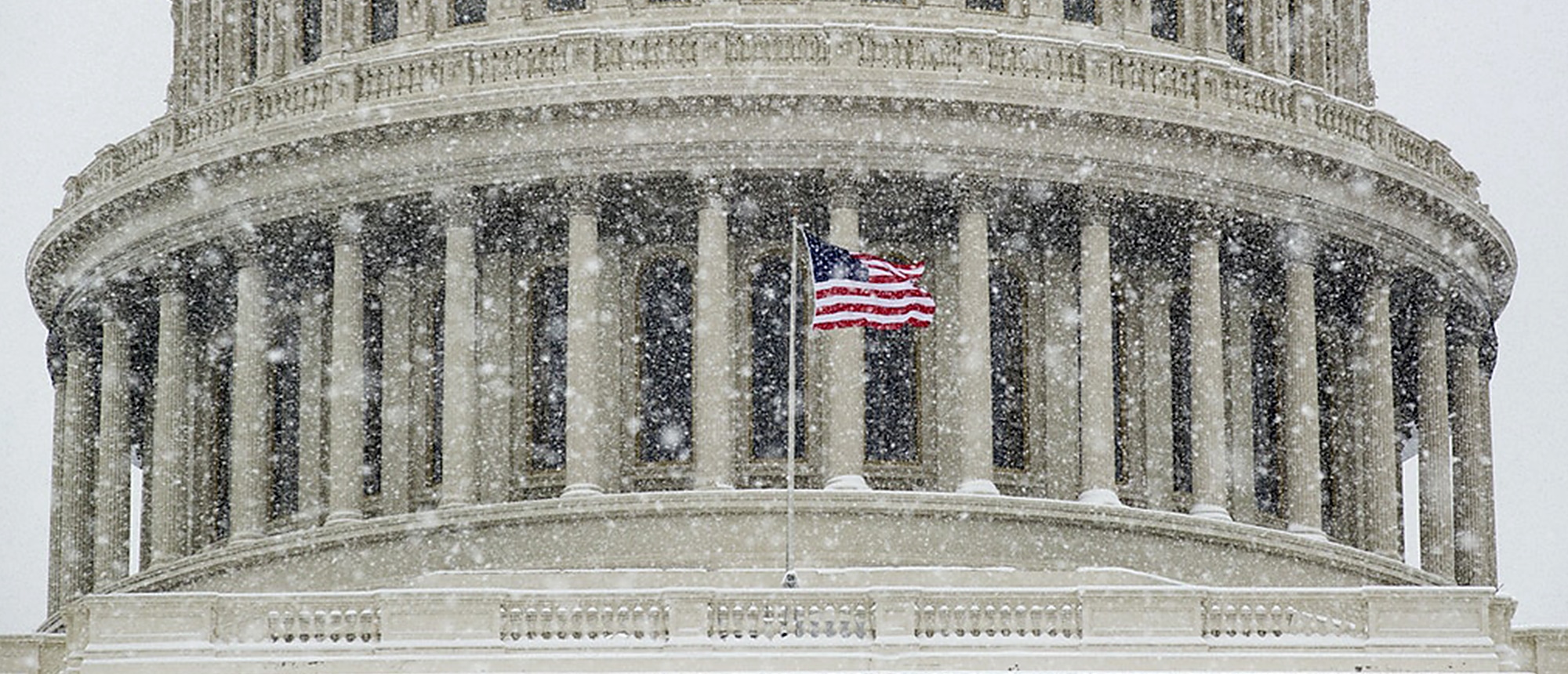Four Reasons I’m Cautiously Optimistic About The Democratic Party In 2020
The 2016 elections — all of them — were painful. Democrats failed to take back the House and Senate and lost the presidency to a bigoted fraudster. I don’t intend to relitigate the whole thing here, but those losses, as well as key defeats in local and state races across the country, have caused real harm to legions of everyday Americans.
Some people blame the losses on Russia — and that’s ridiculous. Others make it out like the hacking and interference had no impact at all — and that’s ridiculous too. The Democrats lost for dozens of reasons, but the hacking and interference was damn sure one of them. It was a major distraction during the campaign. My fear was that it would also be such a distraction for the Democratic Party moving forward that the party would ignore all of the substantive changes it needed to address.
Don’t get me wrong, I think election interference is a huge deal. The safety and integrity of our elections is no small thing, but since the losses of 2016, Democrats have needed to find a way to walk and chew gum at the same time. There’s good news here: I see four things happening right now that makes me cautiously optimistic about the future of the Democratic Party.
Embracing Progressive Ideas
A few years ago, if you supported “Medicare for All,” you were probably either a hippie, a Bernie supporter, or both. Today, polls show that 70 percent of Americans like it, and mainstream Democrats are finally embracing it publicly. When Rep. Alexandria Ocasio-Cortez began talking about how essential it is that the United States embrace a “Green New Deal,” on Day 1 her idea only had support from a few of her closest allies in government. In just a few weeks’ time, you’d now struggle to find a Democrat who doesn’t support it. Speaking of Ocasio-Cortez, she’s got the entire country talking about finally making the ultrarich pay their fair share of taxes. And a few years ago, I struggled to find a single mainstream Democrat talking about ending cash bail or decriminalizing weed — now those are basic talking points for presidential candidates.
I’m glad about all of this, but here’s why I’m cautiously optimistic. It’s easy as hell to talk about your bold policy choices when your party doesn’t have the power to enact them. I just want to make sure the Democrats don’t lose their nerve when it matters most.
Candidates Hiring Diverse Staff
One key reason why presidential candidates are so often tone deaf on issues of race and class is because their senior staffs are often primarily made up of white men. Democrats have completely changed this for the upcoming primaries. Julián Castro hired an amazing black woman, a highly skilled organizer named Maya Rupert, as his campaign manager. Kamala Harris announced that her campaign manager will be Juan Rodriguez, who also ran her Senate race in 2016. In Kirsten Gillibrand’s new staff, she announced six new hires — four of them are women. Of those six, two are African-American and one is Latina. This is a big deal. These early candidates are not just setting the tone for the candidates who will follow them, they are building teams that will actually be able to skillfully advise them on how to reach the entire nation.
Race Barriers Fall in Senate
I have long railed against the lack of diversity of Senate Democrats’ senior staffs. It’s still a serious problem, but it’s getting so much better. When Alabama’s Doug Jones was elected, he appointed the Senate’s first African-American chief of staff, Dana Gresham. Of course it’s embarrassing we had to wait this long. Thankfully, Sen. Elizabeth Warren just hired Anne Reid as her new chief of staff; an Obama administration alum, Reid became the first black woman to serve in this role for any Senate Democrat. She wasn’t the only black woman in that role for long. Gillibrand just hired Joi Chaney to serve in the same role for her office. Yes, I am celebrating the fact that we went from zero African-American chiefs of staff for Democrats to three — because it’s trending upward.
Competitive and Healthy Primaries
The 2016 Democratic presidential primaries were weird. A dozen serious candidates should’ve jumped in there to run, but they were either flagged off or chose not to, in order to make room for Hillary Clinton. I ultimately think that that was actually bad for Clinton. In the end, two people who nobody thought stood a chance, Bernie Sanders and Martin O’Malley, ignored the chatter and ran anyway. Sanders shocked the world and won 22 states, but a robust, competitive nationwide primary — with a normal number of candidates — would’ve been better for the winner. In 2008, Barack Obama beat out a who’s who of Democrats to win the nomination and went into the general with a ton of momentum. In some ways, that’s what Donald Trump actually did on the Republican side in 2016.
The upcoming Democratic primaries are going to be altogether different from the previous ones. Clearly, it appears that we will have a healthy number of candidates running. Already, with Warren, Harris, and Tulsi Gabbard in the race, it appears that the primary will set a record for the number of women running. Not only that, but this cross-section of candidates is already on pace to be the most ethnically diverse ever as well. These candidates look more like America. And with Pete Buttigieg, mayor of South Bend, Indiana, now in the race, we have the first openly gay Democratic candidate to run for president. Whoever wins is going to have to fight in all 50 states to do so. And again, that’s going to be good for their chances at defeating Trump in 2020.

